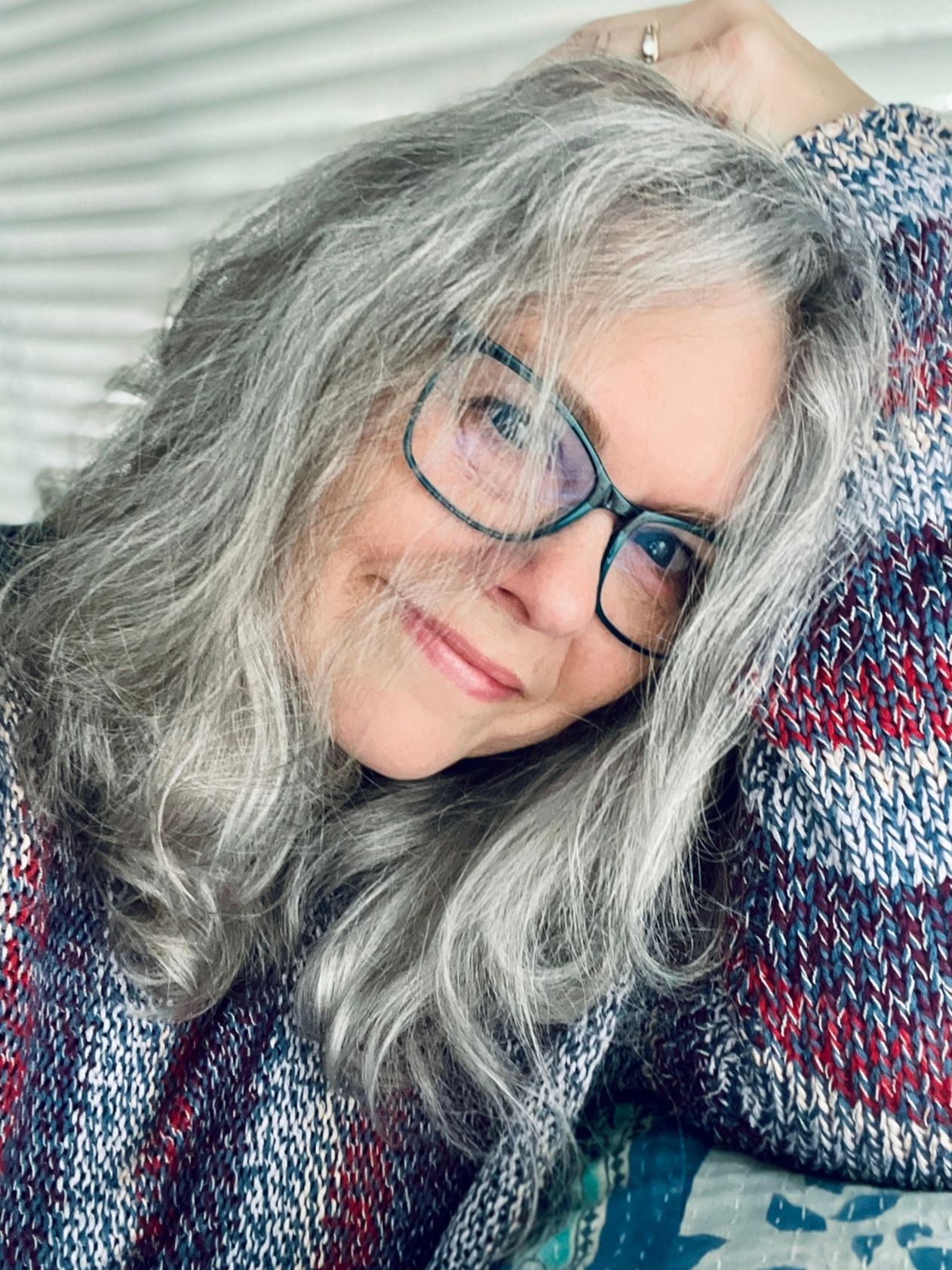The canon of Black literature serves as a testament to the depth, richness, and diversity of the Black experience. In every literary genre, Black writers have skillfully crafted narratives that delve into the complexities of a history that includes enslavement, racism, segregation, and an ongoing struggle for civil rights.
Through their works, these authors provide insight into the lives of individuals and communities, emphasizing the need for equality, the importance of family and community ties, and the tireless effort to gain well-deserved recognition for their meaningful contributions to the world.
The authors featured in this list have made an enduring impact by articulating the lived experiences, aspirations, and powerful history of people who have often been marginalized and overlooked.
By centering these narratives, we engage in the crucial act of addressing the painful legacy of the past while considering how we can help forge a future that’s more inclusive and equitable for everyone.
Each of these quotes from books written by Black authors serves as a doorway into a world of the author’s creation, inviting readers to reflect, empathize, and stand in solidarity with these varied and powerful voices.
“Homegoing” by Yaa Gyasi
The need to call this thing “good” and this thing “bad,” this thing “white” and this thing “black,” was an impulse that Effia did not understand. In her village, everything was everything. Everything bore the weight of everything else.
Yaa Gyasi’s New York Times-bestselling 2016 novel Homegoing traces the lives of half-sisters Effia and Esi, born into different families and villages in 18th-century Ghana.
Unaware of each other’s existence, they live dramatically different lives: Effia marries a British enslaver and lives a life of luxury in a castle, while Esi is captured and imprisoned in the dungeon below her half-sister before being sold into enslavement.
In a series of short stories, Gyasi follows the lives of the sisters and their descendants through eight generations and 300 years of history, illuminating the devastating legacy and long-term effects of slavery.
“The Tradition” by Jericho Brown
I begin with love, hoping to end there.
In his Pulitzer Prize-winning 2019 poetry collection, The Tradition, Jericho Brown navigates the intersections of identity, race, and culture. His lyrical writing explores complex subjects with beauty and strength as he delves into his experiences as a queer Black man from the American South.
The collection features a contemporary poetic form of Brown’s own creation called the “duplex,” which blends elements of the sonnet, the ghazal, and the blues into a unique composition of seven couplets.
Referencing the housing structure of the same name, Brown explains, “I wanted to highlight the trouble of a wall between us who live within a single structure.”
“Between the World and Me” by Ta-Nehisi Coates
I did not tell you that it would be okay, because I have never believed it would be okay. What I told you is what your grandparents tried to tell me: that this is your country, that this is your world, that this is your body, and you must find some way to live within the all of it.
A National Book Award winner and Pulitzer Prize finalist, 2015’s Between the World and Me is a thought-provoking exploration of the Black experience in America.
Framed as a letter to his young son, Ta-Nehisi Coates’ second book chronicles the long history of subjugation and discrimination in the United States and its terrible, far-reaching impacts.
Blending together historical analysis, personal reflections, and insights into contemporary racial issues, Coates’ narrative serves both as a stark reminder of the enduring legacy of racism and as a compelling call to action.
“Black Cake” by Charmaine Wilkerson
One day, you wake up and you find yourself standing at the mouth of something wide and howling, like the open door of an airplane, the kind you jump out of with a parachute for fun, only it’s not any fun … but you know you’re going to have to fling yourself out there and you don’t know exactly where Out There is, you only know that it’s where your life is going to be from now on.
In this dazzling 2022 debut novel about family history and the Black diaspora, estranged siblings Benny and Byron are reunited at the funeral of their mother, Eleanor Bennett.
In the wake of her death, they receive two unexpected things: a traditional Caribbean black cake made from an old family recipe and a lengthy audio recording made by their mother, detailing her tumultuous life.
As they attempt to reconcile the mother they knew with the secrets of her past, the siblings also attempt to rebuild and repair their own fractured relationship.
“The Nickel Boys” by Colson Whitehead
If everyone looked the other way, then everybody was in on it. If he looked the other way, he was as implicated as the rest. That’s how he saw it, how he’d always seen things.
Winner of the 2020 Pulitzer Prize for fiction, The Nickel Boys examines the impact of systemic racism and injustice in the Jim Crow South.
Set in Tallahassee, Florida, the story details the life of Elwood Curtis, a bright and idealistic young man who’s convicted of a crime he didn’t commit and sent to the Nickel Academy, a reform school for delinquent boys.Rather than the place of rehabilitation and reformation it claims to be, however, the academy is rife with horrific abuse against the boys sent there.
Drawn from the real-life history of Florida’s Dozier School for Boys, Whitehead’s novel illuminates the harsh realities of pervasive racism and inequality along with its destructive and lasting consequences.
“Caste: The Origins of Our Discontents” by Isabel Wilkerson
The price of privilege is the moral duty to act when one sees another person treated unfairly. And the least that a person in the dominant caste can do is not make the pain any worse.
This 2020 No. 1 New York Times bestseller by Pulitzer Prize-winning author Isabel Wilkerson provides a compelling and extensively researched narrative about how the United States has been built on a foundation shaped by hierarchy.
Wilkerson explores this hidden caste system that determines whose lives are deemed valuable and whose voices get to be heard. Drawing parallels between the U.S., Nazi Germany, and the caste system of India, she meticulously chronicles the lived experiences of Black Americans and underscores the profound effects of defining and measuring human lives.
Featured image credit: Tasos Katopodis/ Getty Images Entertainment via Getty Images
















